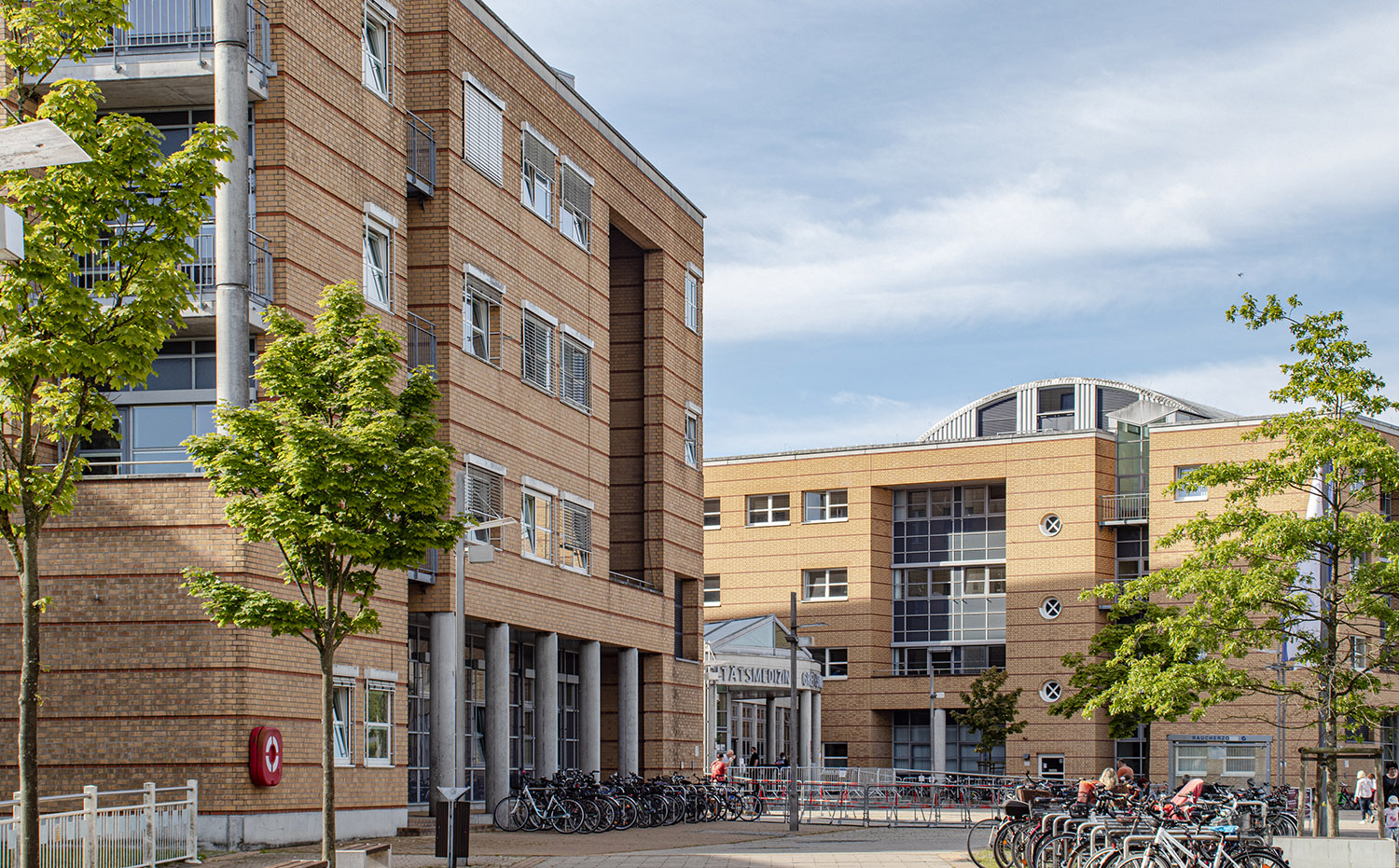The rise of drug resistance or persister cells is one of the major limiting factors for successful cancer treatment. Understanding this process is the key to finding a cure to cancer. Researchers from University Medicine Greifswald’s Department of Haematology and Oncology [de] teamed up with researchers from the Max Planck Institute of Biochemistry in Munich to address drug persistence in a chronic bone marrow cancer type, called myeloproliferative neoplams (MPN).
Myeloproliferative neoplasms are a group of stem cell disorders that include polycythemia vera, essential thrombocythemia, and primary myelofibrosis. This disease affects nearly 100,000 people worldwide. MPNs are predominantly driven by mutations in JAK2 that lead to constitutive activation of the so-called Janus-Kinase 2.
The medicinal inhibitor Ruxolitinib (a so-called JAK1/2 inhibitor) is approved for the treatment of MPN patients. The inhibitor is very effective in reducing symptoms, but the malignant cells remain in the blood despite treatment.
Scientists Ashok Jayavelu (MPI) and Tina Schnöder (UMG) investigated the mechanism responsible for the JAK inhibitor persistence in MPN. This led to the breakthrough discovery that unmutated splicing factors (types of protein) can be selectively altered (phosphroylated) by JAK2 and are thus no longer able to perform their functions within the cell properly. This makes it possible for the cancer to maintain important signalling pathways and the cancer cells survive in spite of targeted treatment. Using mutli-omics approaches and functional studies in vitro and in vivo, the team was able to prove that the splicing factor YBX1 played an important role in the preservation of cancer cells. The targeted inactivation of this splicing factor in turn enables the JAK inhibitors to resume their attack on the cancer cells.
Based on these research findings, the team has found a translational angle to overcome JAK2-mutated cancer calls by combining various effective inhibitors.
Contact at University Medicine Greifswald
Prof. Dr. Florian Heidel
Clinic and Outpatient Clinic for Internal Medicine C
Haematology and Oncology, Transplant Centre | Palliative Medicine
Ferdinand-Sauerbruch-Straße, 17475 Greifswald
Tel.: +49 3834 86 6698
onkologieuni-greifswaldde
www.medizin.uni-greifswald.de [de]

